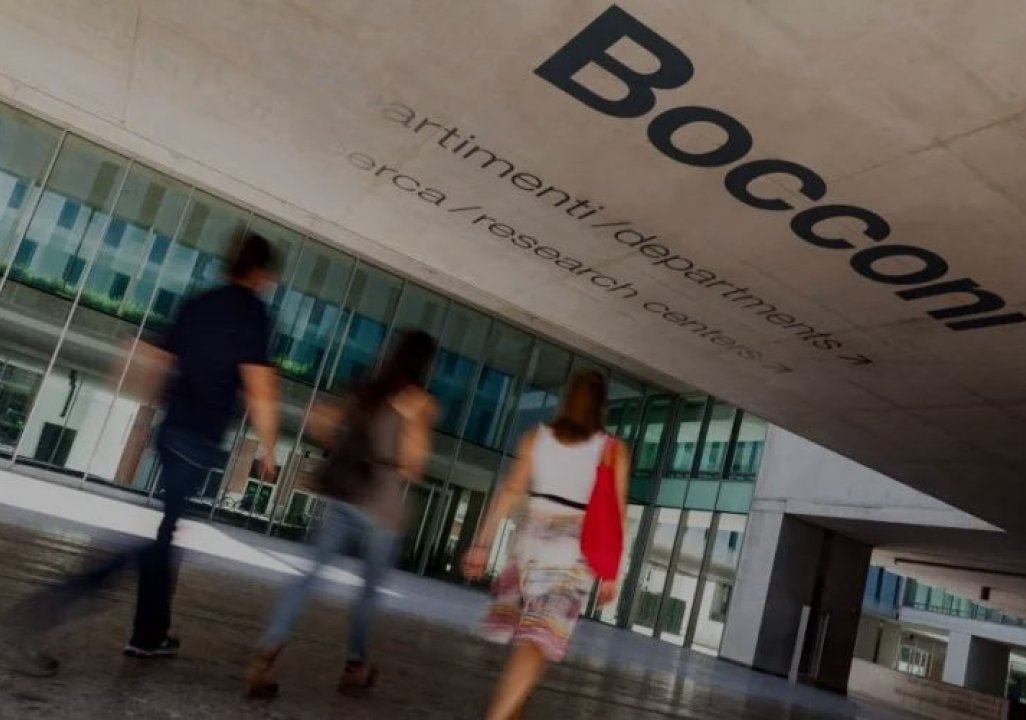SPS Seminar series: Hye Young You, Princeton University

Abstract:
A common concern is that lobbying by interest groups distorts democratic representation by shifting legislators away from their constituents' preferences. We examine whether lobbying harms or enhances legislative responsiveness by analyzing the ideological alignment between interest groups, members of Congress, and their constituents across four policy areas: the environment, healthcare, immigration, and trade. Using issue-specific measures of district opinion and campaign contributions as a proxy for lobbying contacts, we find that legislators representing more conservative districts are more likely to be lobbied by conservative groups---suggesting that lobbying often reinforces, rather than distorts, representational alignment. We then estimate a structural model of roll-call voting that incorporates lobbying. The estimated effects are modest but show that lobbying nudges legislators to vote more consistently with district opinion. Lobbying, on average, strengthens rather than weakens legislative responsiveness.